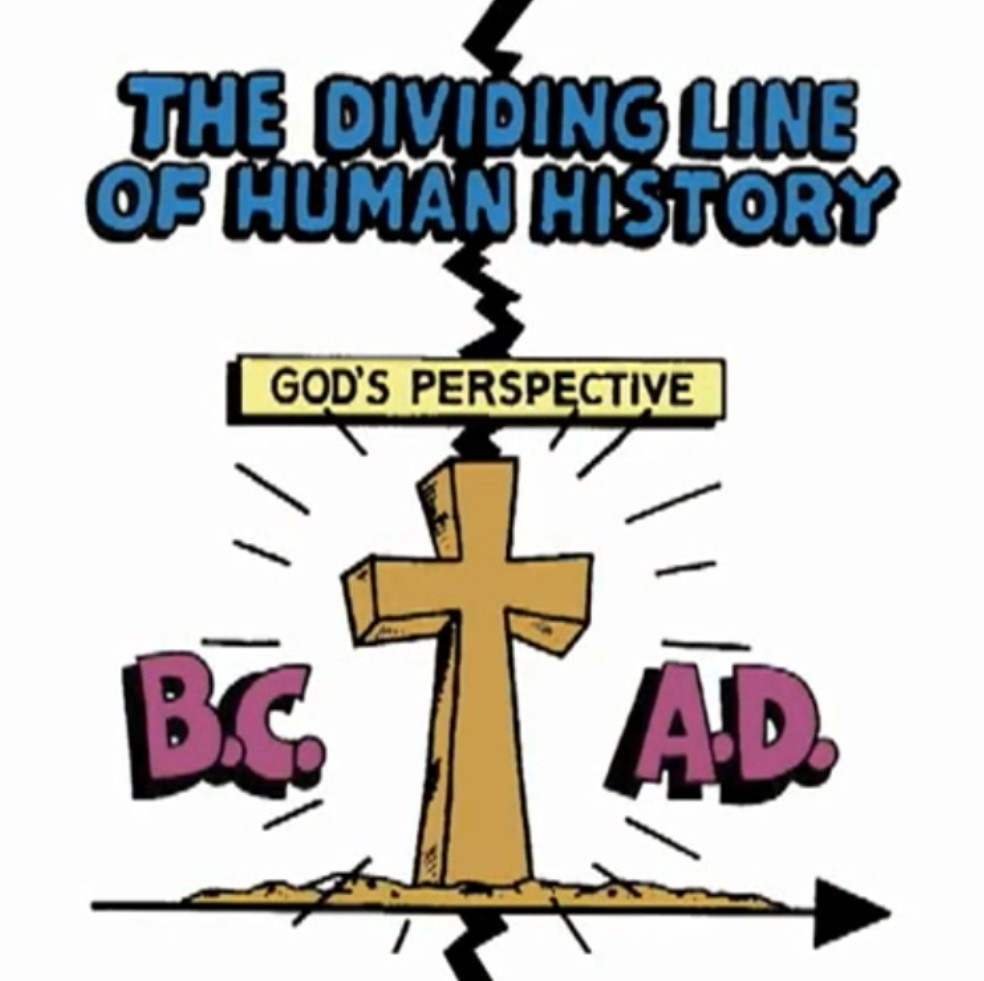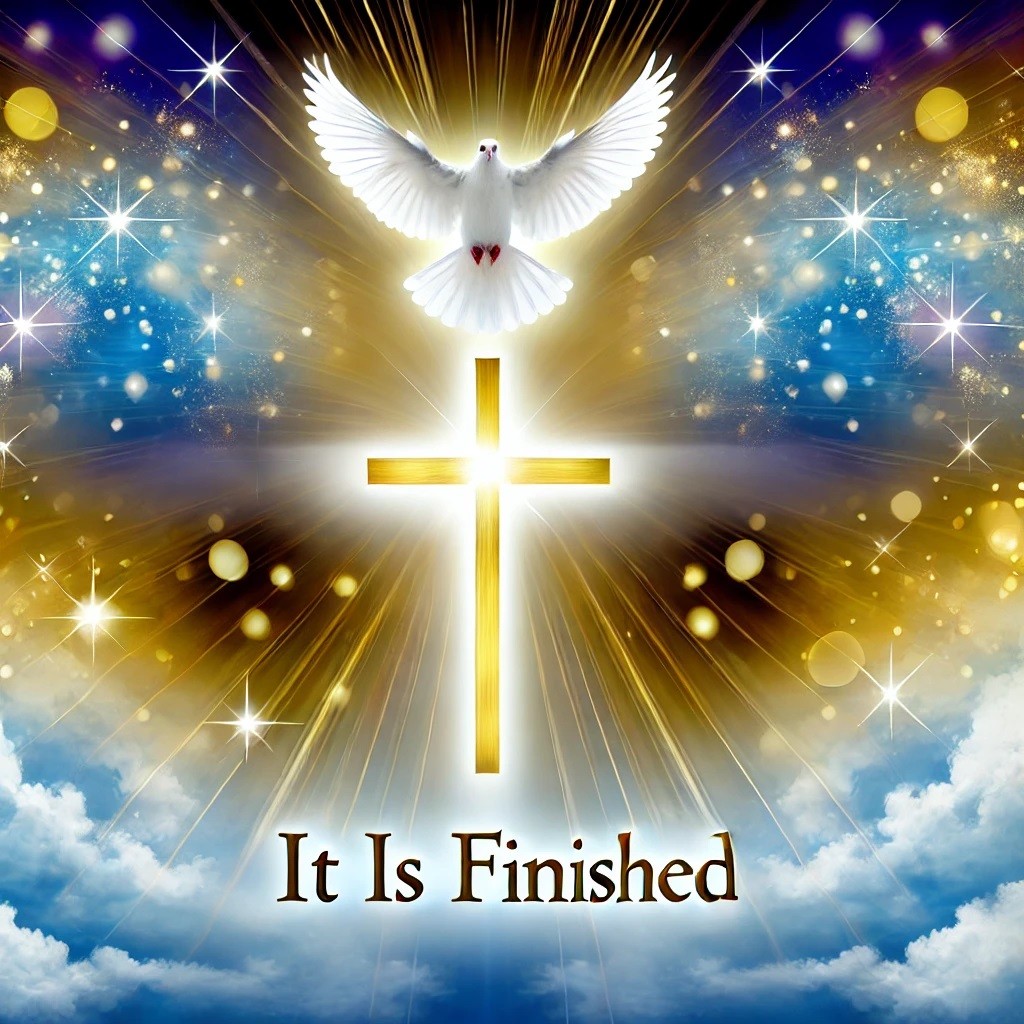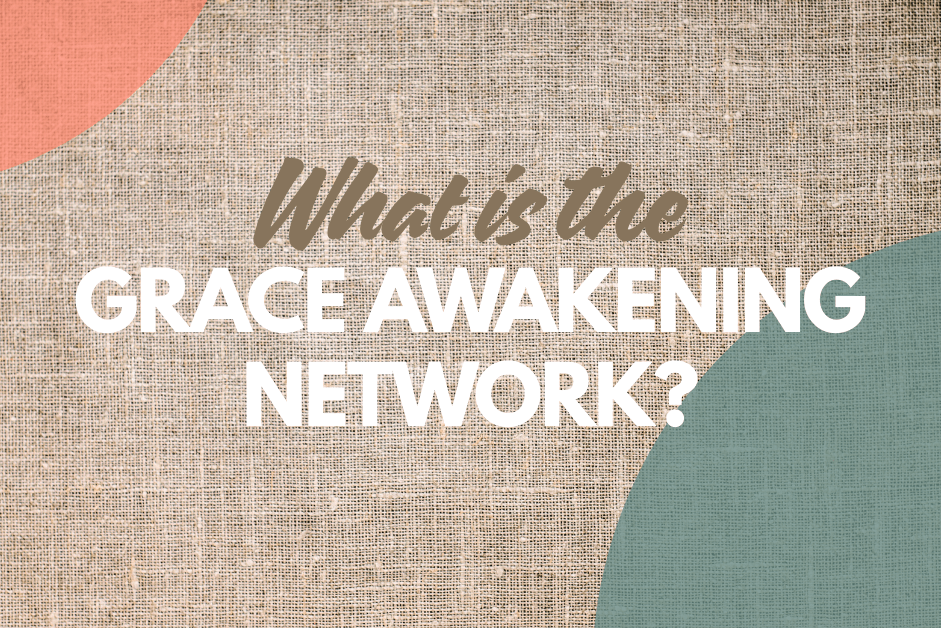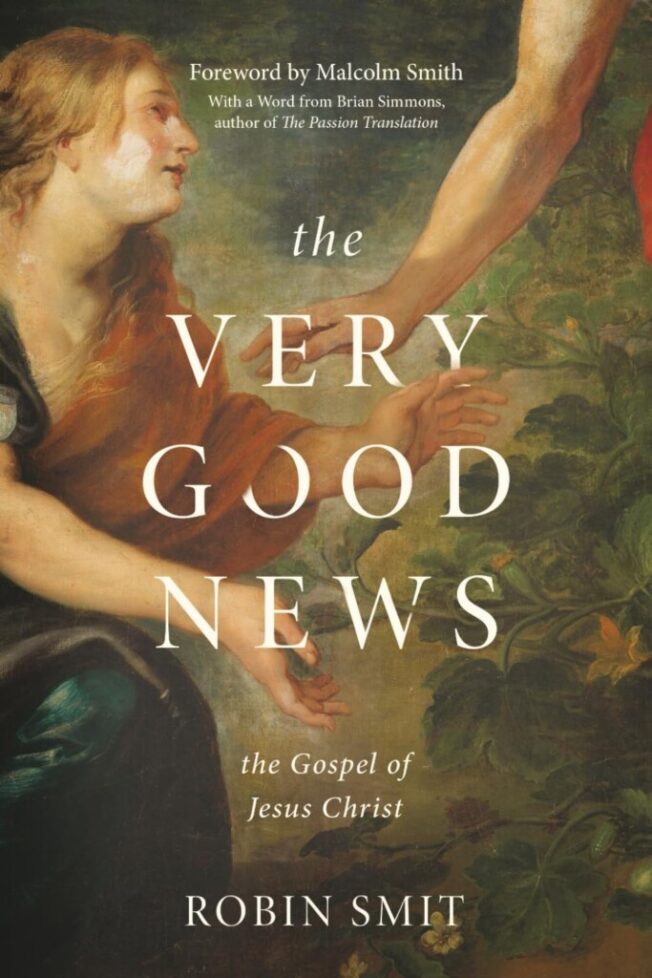Adapted by Gantv.com, from The100foldjourney with Doug Corbett. Watch: HERE

“It is for freedom that Christ has set us free. Stand firm, then, and do not let yourselves be burdened again by a yoke of slavery.” — Galatians 5:1
With these articles I’ve been exploring breaking free from religion and the freedom we have in Christ, based on Galatians 5:1, which says, “It is for freedom that Christ has set us free. Stand firm, then, and do not let yourselves be burdened again by a yoke of slavery.” This verse reminds us that our faith isn’t about following strict rules and rituals but about embracing a deep, freeing relationship with God. We are unpacking what it means to live without the chains of religious legalism, rediscovering our true identity in Christ along the way.
Last time I spoke about what true repentance means. It is about “changing your mind”. Agreeing with what God says about you and then repenting or changing your mind to match that of God’s opinion of you. Today we look at the differences between the Old Covenant and the New Covenant. To some degree, we need to “repent” or change our mind about not being under any of the Old Covenant laws or rituals, they all have been fulfilled in Christ.
Understanding the New Covenant: A Journey of Freedom and Grace
I don’t know about you, but for the longest time, whenever I heard about the “new covenant,” I was confused. What exactly is the new covenant? Oh, right—it’s the New Testament in the Bible. However, as I later discovered, there’s so much more to it than that.
Back in 2013, I came across a video by Andrew Farley on his teachings in The Naked Gospel, offering a profound perspective on this transformative covenant. His explanation opened my eyes to a deeper understanding of what the new covenant truly means and how it relates to our lives. It was a turning point in my journey, and I hope to unpack some of those insights as we continue.
What is the New Covenant?
One of the most liberating aspects of this journey is understanding the distinction between the old and new covenants. In the Old Testament, the covenant was a conditional agreement between God and humanity, based on obedience to the law. This covenant, symbolized by the Ten Commandments, included a total of 613 laws that required strict adherence, with blessings promised for obedience and curses for disobedience.
The new covenant, however, represents a profound shift. This agreement is not between God and humanity but between God and Himself, established through Jesus. It cannot be broken, as it is sealed in the eternal, unchangeable relationship within the Trinity. Jesus, our High Priest, is not from the Levitical priesthood but the order of Melchizedek, which transcends the old system of law and sacrifices. As Hebrews explains, this new covenant replaces the old one and brings grace and freedom, fulfilling God’s promise in a way that does not depend on human performance.
When Did the New Covenant Begin?
When you go back into the Bible and you find Matthew chapter one and you turn back one page, there is a title on that page and it says the New Testament. The New Testament and the new covenant are the same word.
Many assume the new covenant began at Jesus’s birth, but scripturally, it began with His death on the cross. Jesus declared, “It is finished,” signaling the completion of the old covenant and the beginning of the new. Like a will that goes into effect upon death, the new covenant began with Christ’s sacrifice. In that moment, the requirements of the law were fully satisfied, and we received an inheritance of grace—a gift we could never earn.
Because of this new covenant, we no longer need to strive to earn God’s love or follow a list of rules to be acceptable. Hebrews 10 explains that Jesus’s sacrifice was a once-for-all act, which means there’s no longer a need for sacrifices or guilt-driven repentance. Instead, our relationship with God is based on grace, and we are invited to live in freedom and joy.

Key Features of the New Covenant
- A Covenant Between God and God: Unlike the old covenant, which depended on human faithfulness, the New Covenant is upheld solely by God. This ensures it is eternal and unbreakable.
- Freedom from the Law: The New Covenant abolishes the old system of laws, including the Ten Commandments, replacing them with grace. Hebrews 8 declares that God will no longer remember our sins and lawless deeds. Colossians says that old system was taken away, nailing it to the cross.
- Sacrifices never Required: Although the Old Testament is filled with various sacrifices, including animal offerings, these were never truly required by God. Instead, God met humanity where they were, accommodating their understanding and practices to maintain a relationship with them. These sacrifices served as a temporary covering for human conscience, allowing people to approach God without shame or fear.
Consider Adam and Eve: after they sinned, God made coverings for them. Without these coverings, their guilt and shame would have kept them in hiding. Similarly, the sacrificial system in the Old Testament was not about satisfying God’s desires but about helping humanity bridge the gap caused by their own sense of unworthiness.
The truth is expressed in Hebrews 10:8: “Sacrifice and offering, burnt offerings, and offerings for sin You did not desire, nor had pleasure in them.”
- A New High Priest: Jesus, from the tribe of Judah and the order of Melchizedek, serves as our eternal high priest. Unlike the priests of Levi, His priesthood is based on spiritual authority, not lineage. Hebrews says that because of this priesthood that is not according to the law of a fleshly commandment, but according to the power of an endless life.
- A Transformative Inheritance: Through the New Covenant, believers receive everything needed for life and godliness. This inheritance is not earned but freely given, signifying God’s grace.
- A New Identity: The New Covenant redefines our identity. We are no longer “sinners” which is distorted identity, but holy, blameless, and righteous. God’s Spirit dwells within us, making us His temple
Why the New Covenant Matters Today
The New Covenant invites us to live in freedom, grace, and truth. It eliminates the need for sacrifices, repentance through rituals, or fear of condemnation. Instead, it emphasizes a life led by the Spirit, reflecting love and the fullness of God’s grace.
Key Biblical Support
- Hebrews 9: Explains the necessity of Christ’s death for the New Covenant to take effect.
- Galatians 3: Highlights the curse of the law and the freedom found in Christ.
- Romans 6: Declares believers as alive in Christ, free from the dominion of sin (distorted identity)
Living in the New Covenant
The freedom we have in the new covenant means we no longer need to beat ourselves up for shortcomings or fear condemnation. We’re invited to rest in the assurance of God’s grace. Hebrews 10 reminds us that “where these have been forgiven, there is no longer any sacrifice for sin.” We are free to live out our faith joyfully, without the weight of religious guilt, knowing that we are eternally loved and accepted.
Through this new covenant, we live as children of God, assured of our union with Him, empowered to walk in the fullness of life He’s given us. This series reminds us that our identity in Christ is our true self, free from the constraints of religious legalism. As we continue on this journey, may we hold fast to this freedom, standing firm in the truth that, as He is, so we are in this world.












